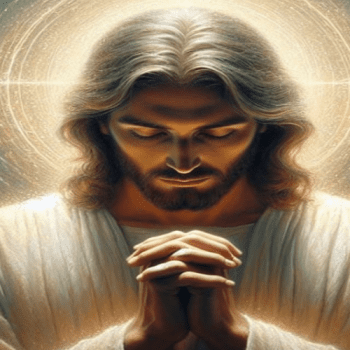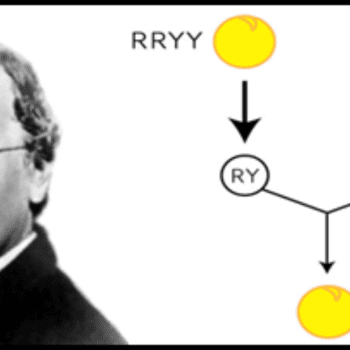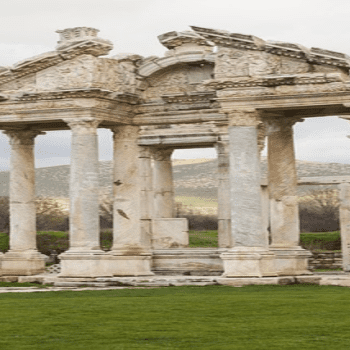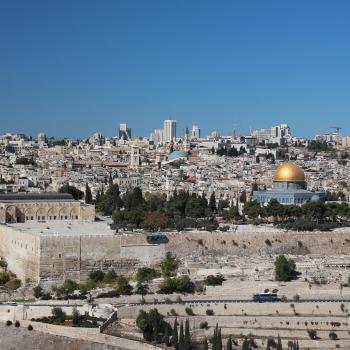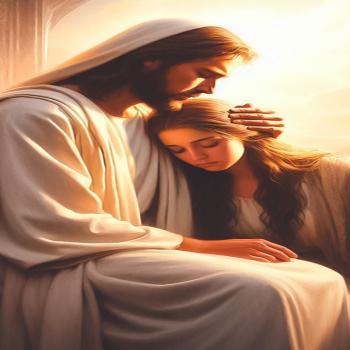Imagine a father sending his son to a far-off place, knowing that the son would be tortured and killed. Making matters even worse, this was done to satisfy justice for a crime the son did not commit. Does such a scenario constitute child abuse? Obviously, other factors would have to be evaluated, such as the age of the son and the circumstances surrounding the event. Nevertheless, such an event does seem to be questionable at best. What exactly does the... Read more


